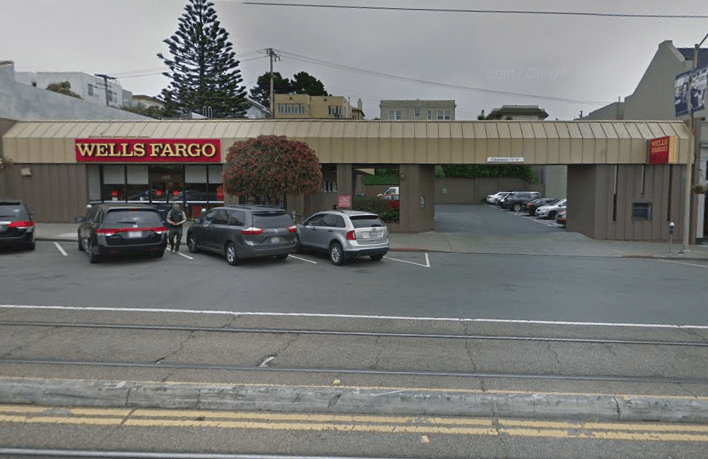Note: GJEL Accident Attorneys regularly sponsors coverage on Streetsblog San Francisco and Streetsblog California. Unless noted in the story, GJEL Accident Attorneys is not consulted for the content or editorial direction of the sponsored content.
State Senator Scott Wiener's transit housing bill, S.B. 827, was defeated by a six-to-four vote in the Senate Transportation and Housing Committee yesterday. "While I’m disappointed that Senate Bill 827 won’t be moving forward this year, I’m heartened by the conversation it has started, both with those who support the bill and with critics of the bill," wrote Wiener, in a prepared statement about the vote. "The passion we have seen around this bill is driven by what we are all feeling--that California’s housing costs are unsustainable and our housing policies aren’t working. California needs to get at the heart of our housing shortage, not just work around the edges, or we will become a hollowed out state with no middle class."
When Weiner talks about working "around the edges," he's probably referring to local legislation such as Home-SF, which looked to increase density in a limited and politically palatable way without touching current residential zoning. Given ever-rising home prices, that approach clearly hasn't worked, nor could it, given the sheer scale of the housing problem. "Home-SF is a good little program, but it's not bringing housing online at the speed that we need it to," said YIMBY Action's Laura Foote Clark, in a phone interview with Streetsblog. "San Francisco said we have these local programs, so we don't need SB-827, but our local programs are not successful." (For the record, only three Home-SF projects are in the planning pipeline; at best it has the potential to create 5,000 affordable units over 20 years, according to the office of the laws' author, Supervisor Katy Tang).
As pointed out in a previous post, 70 percent of the private land in San Francisco is still limited to one or two family zoning, where Home-SF doesn't even apply. That means that even around shopping districts with good transit, where increased density and a car-free, walkable lifestyle can be accommodated, it's impossible in most of the city to construct apartment buildings at all, let alone multistory ones. Weiner's bill sought to finally address that elephant in the room.
However, "The opposition to the bill was tremendous. Some of that was inevitable, especially from local governments. Yet some of it was self-inflicted by racing out a bill of such monumental power without working with housing, equity and environmental groups to first shape it," wrote TransForm's Stuart Cohen, in an email to Streetsblog. "This bill was much more powerful than last year's S.B. 35, and to dramatically change zoning there should be an inclusive and transparent process to help shape that."
"This is an idea whose time has come," said Clark. "But the forces of the status quo are extremely strong." Clark said her group will just keep pushing until they start to create an environment that is conducive to producing housing. She said she's motivated by the stories of people ending up homeless in the Bay Area, including a person she knows who lives in his car, and another who lives in an SRO, plus two people they put up in their office. "At the end of the day, that's what keeps you going."
"Now, my job is to take the conversation started by S.B. 827, and get to work on developing a proposal that meets the ambitious goals of this bill, while incorporating what we have learned since we introduced it," wrote Weiner in his statement. "I look forward to working in the coming months to develop a strong proposal for next year."





